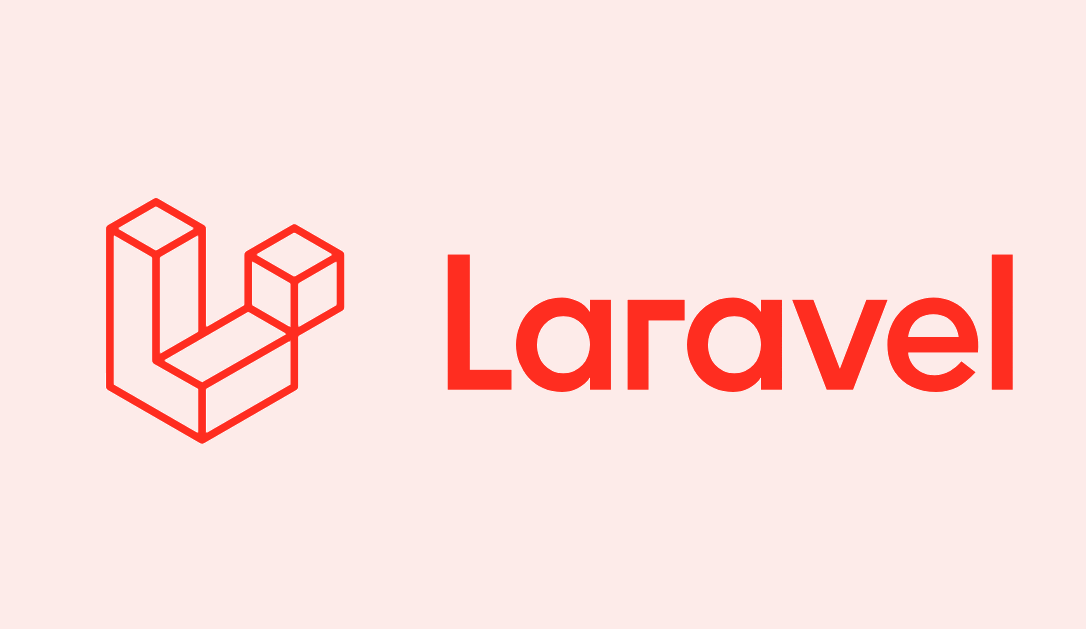Unveiling Laravel: Empowering Web Development with Elegance and Efficiency
In the realm of web development, frameworks play a pivotal role in simplifying complex tasks, and Laravel stands out as a beacon of elegance and efficiency. Laravel, an open-source PHP framework, has rapidly ascended to prominence for its intuitive syntax, robust features, and developer-friendly environment.
Introducing Laravel: A Brief Overview
What is Laravel?
Laravel, crafted by Taylor Otwell and released in 2011, is a modern PHP framework known for its expressive, elegant syntax and comprehensive set of tools. It follows the MVC (Model-View-Controller) architectural pattern, simplifying the development of web applications by providing structured and reusable code.
Why Choose Laravel?
- Elegant Syntax: Laravel's syntax is clean and expressive, enabling developers to write code that's both efficient and easy to understand.
- Rich Feature Set: It offers a wide array of built-in functionalities, including authentication, routing, sessions, and caching, streamlining the development process.
- Modularity and Scalability: With its modular structure and robust scalability, Laravel is adaptable to projects of various sizes and complexities.
Unraveling the Features of Laravel
1. Blade Templating Engine
Laravel's Blade templating engine provides a simple yet powerful way to create dynamic, reusable views. Its intuitive syntax allows for the creation of layouts, partials, and components, enhancing code reusability and maintainability.
2. Eloquent ORM
Eloquent, Laravel's elegant ORM (Object-Relational Mapping), simplifies database interactions by allowing developers to work with databases using PHP syntax, eliminating the need for complex SQL queries.
3. Artisan Command-Line Tool
Artisan, Laravel's command-line interface, automates repetitive tasks such as database migrations, model creation, and more. It boosts productivity by streamlining development workflows.
4. Authentication and Authorization
Laravel provides built-in mechanisms for authentication and authorization, making it effortless to implement secure user authentication systems, including user roles and permissions.
5. Testing and Debugging
The framework includes robust testing tools that facilitate both unit testing and integration testing, ensuring the reliability and stability of applications.
Building with Laravel: Use Cases and Applications
1. Web Application Development
Laravel simplifies the development of various web applications, from simple websites to complex enterprise-level systems, fostering rapid development without compromising quality.
2. RESTful APIs and Microservices
With its support for API development and microservices architecture, Laravel enables the creation of scalable and efficient backend systems for web and mobile applications.
3. E-Commerce Platforms and CMS
Laravel's flexibility and modularity make it an ideal choice for building e-commerce platforms, content management systems, and other content-driven websites.
The Evolution of Laravel and Its Community
Laravel's success is not only attributed to its robust features but also to its active and supportive community. Continuous updates, comprehensive documentation, and a wealth of third-party packages contributed by the community ensure Laravel's growth and relevance in the ever-evolving tech landscape.
Conclusion: Embrace Laravel's Elegance in Development
Laravel has redefined PHP web development, offering a delightful experience to developers while empowering them to create powerful, scalable, and secure applications. Its expressive syntax, rich feature set, and emphasis on developer productivity make it a preferred choice for modern web development projects.
Explore the elegance and efficiency of Laravel, and embark on a journey to craft innovative and robust web solutions with unparalleled ease.
Happy coding with Laravel!






